Antioch University Seattle

Founded: 1978
Address: 2400 3rd Ave #200, Seattle, WA - Washington, United States
Phone: +1 206 4415352
Address: 2400 3rd Ave #200, Seattle, WA - Washington, United States
Phone: +1 206 4415352
Here you find out Antioch University Seattle complete information about fees, location, degree Antioch University Seattle offers, number, website, and much more. Antioch University Seattle is a leading university in Washington - United States.
You can also find out jobs at Antioch University Seattle for students, teachers, and professors. We also update the database for an internship at Antioch University Seattle for students.
Antioch University is accredited by the Higher Learning Commission. Antioch University has had continuous accreditation by the Higher Learning Commission since 1927. Antioch University is a private, non-profit 501(c)(3) institution. As an accredited institution, Antioch University’s students are fully eligible for a variety of financial aid assistance, including grants, scholarships, and loan...s.
Antioch University has been honored with the 2009, 2010 and 2011 President’s Higher Education Community Service Honor Roll Award (with distinction in 2010). In 2011, the University was named one of the top twenty colleges most committed to community service by USA Today.
For over 160 years Antioch University has been a leader in progressive education, making a difference in the lives of children, adults and families by transforming the traditional classroom. Through experiential learning, small class sizes, and collaborative learning environments, we’ve created a set of programs that help you become the teacher you’ve always wanted to be.
Pair this with a deep respect for educational equity, social justice, and a general empathy towards the power of effective educators, and you have a system that’s put in place to help you succeed.
Antioch University provides learner-centered education to empower students with the knowledge and skills to lead meaningful lives and to advance social, economic, and environmental justice.
Antioch University aspires to be a leading university, offering learners and communities transformative education in a global context that fosters innovation and inspires social action.Antioch University Seattle (AUS) got its start in true Antioch tradition as an experiment by Antioch College West, located in San Francisco, California. Inspired by the University Without Walls movement of the late ‘60’s, AUS was one of over 35 satellite Antioch College locations created to bring education to non-traditional students where they lived, which in Seattle’s case is the city.
The experiment to discover if a new location could succeed in Seattle began in the Fremont neighborhood, the Center of the Universe, in 1975 with 15 students, three programs, and a vision that slowly grew into the thriving community it is today. It was based on the belief real change in the wider community comes from deeper understandings of how communities function and of the people who inhabit them. So we began our offerings with Bachelor’s Completion, Psychology, and Urban Studies.
Antioch University’s roots began as Antioch College. It first opened its doors in 1852 in Yellow Springs, Ohio. Antioch’s first president, Horace Mann, was a lawyer and Congressman from Massachusetts, a well-known abolitionist and social reformer. He is considered the founder of public education in the United States, believing that a well-educated populace was essential to a strong democracy. In his first graduation speech, Horace Mann implored the Antioch graduates to “be ashamed to die until you have won some victory for humanity.” Those words remain throughout our history a guiding light of our values and an underlying commitment to an Antioch education.
Nonsectarian and co-educational from the outset, Antioch was a leader of progressive thought and innovation. Antioch was the first college in the country to have a woman faculty member as equal to her male counterparts. Antioch’s curriculum was the same for men and women and we admitted black and white students to learn together over a century before civil rights laws would require the same result. In the early 1860s, Antioch adopted a policy that no applicant could be rejected due to his or her race. Sadly, this was quite revolutionary for its time.
The modern Antioch began to take shape in the 1920s under the leadership of President Arthur E. Morgan. As an engineer and former Chair of the Tennessee Valley Authority, he was interested in progressive education. He reorganized the Antioch curriculum to include co-op, a structured method of combining classroom-based education and practical work experience.
Antioch was the first liberal arts college in the United States to establish a co-op program. This important innovation in experiential learning has been widely reproduced throughout higher education today.Always positioned at the forefront of social activism, the period during and after World War II proved even more groundbreaking for Antioch. During the war, Antioch participated in a program that allowed Japanese citizens incarcerated in internment camps to enroll at Antioch and move to Yellow Springs, Ohio.
Also in the 1940s and beyond, Antioch set out to diversify the campus by offering more scholarships to people of color. A number of famous African Americans graduated from the College, including Coretta Scott King, author, activist, civil rights leader, and the wife of Dr. Martin Luther King, Jr.; Eleanor Holmes Norton, Congressional Delegate for Wash. D.C., and A. Leon Higginbotham, Jr., civil rights advocate, author, and Chief Justice of the U.S. Court of Appeals for the 3rd Circuit.
Other notable Antioch alumni include two Nobel laureates, Mario Capecchi (B.S. 1961), co-recipient of the 2007 Nobel Prize in Physiology or Medicine, and José Manuel Ramos-Horta (M.A., Peace Studies, 1984), co-recipient of the 1996 Nobel Peace Prize, and later President of East Timor (2007-2012).
The current Antioch University began to take shape in the 1960s. As Antioch College’s reputation for academic excellence, social relevance, activism and experiential learning continued to grow, so did its campuses. As part of the ‘university without walls’ movement of the 1960s and 70s, Antioch expanded to sites across the country. The strong values-based nature of developing these campuses is important to recognize. The vision inspiring the expansion in the mid- to late 1960s and early 1970s was to serve adult learners and especially women and minorities, an approach to ‘taking the ivory tower’ out to the people. This was a very distinctive call for higher education at the time.
The first of the adult campuses, today’s Antioch University New England, was established in 1964, and the last, Antioch University Santa Barbara, was established in 1974. During this era, over 35 Antioch “satellite” campuses were founded across the country, including locations in inner cities from coast to coast, on native-American reservations, and in international locations. Antioch also founded an innovative law school in 1972 in Washington D.C. which operated on an experiential legal clinic teaching model. All students of the Antioch School of Law participated in the clinic which provided legal services to poor and underserved communities in D.C. The law school now operates as The University of the District of Columbia David A. Clarke School of Law and is no longer part of Antioch University.
Due to its expansion of programs, graduate degrees, and campuses, Antioch’s name was changed in 1978 from Antioch College to Antioch University. Nonetheless, it is the same institution that was originally incorporated in Ohio in 1852. It has been in continuous existence since then, and has been continuously accredited by the Higher Learning Commission since 1926.
We are proud that Antioch University has had significant influence on higher education; in fact, the precursor to the national Council of Adult and Experiential Learning (CAEL), was founded by Morris Keeton when he was Antioch’s Vice President of Academic Affairs. CAEL’s influence was instrumental in facilitating other colleges and universities recruiting and supporting adult learners, especially as the demographics of traditional 18 to 22 year old students was decreasing in the 1980s.
We are also proud of the many innovations in academic programming offered by the campuses in promoting undergraduate degree completion and graduate degrees responsive to the needs of adult learners. As examples, our New England campus offered Antioch’s first APA accredited doctoral program in Clinical Psychology (PsyD) followed by a PhD in Environmental Studies, one of the first in the nation. In 2001, Antioch University established a highly innovative low residency PhD Program in Leadership and Change. It has expanded to become Antioch’s Graduate School of Leadership & Change, which is a distinctive, outcomes-based, doctoral program focused on the study, research, and practice of leading positive change in workplaces and communities worldwide.
In 2008, Antioch University closed its residential College campus in Yellow Springs, Ohio due to significant enrollment and financial challenges. The College campus and other assets were then transferred in 2009 to a new Ohio non-profit corporation known as Antioch College Continuation Corporation, formed by a group of Antioch alumni. In that transaction, the University agreed to license to them the name “Antioch College”. The College was subsequently reopened in 2011 as a legally separate institution, but with a shared heritage with Antioch University. Those shared roots and an abiding commitment to social, economic and environmental justice remain at our core.
Today’s Antioch University is composed of Antioch University New England, Antioch University Midwest, Antioch University Los Angeles, Antioch University Santa Barbara, Antioch University Seattle, Antioch University Online, and the University’s Graduate School of Leadership & Change. Collectively, they make up one Antioch University with progressive values and a mission to educate the next generation of those determined to win victories for humanity.
You can also find out jobs at Antioch University Seattle for students, teachers, and professors. We also update the database for an internship at Antioch University Seattle for students.
Antioch University is accredited by the Higher Learning Commission. Antioch University has had continuous accreditation by the Higher Learning Commission since 1927. Antioch University is a private, non-profit 501(c)(3) institution. As an accredited institution, Antioch University’s students are fully eligible for a variety of financial aid assistance, including grants, scholarships, and loan...s.
Antioch University has been honored with the 2009, 2010 and 2011 President’s Higher Education Community Service Honor Roll Award (with distinction in 2010). In 2011, the University was named one of the top twenty colleges most committed to community service by USA Today.
For over 160 years Antioch University has been a leader in progressive education, making a difference in the lives of children, adults and families by transforming the traditional classroom. Through experiential learning, small class sizes, and collaborative learning environments, we’ve created a set of programs that help you become the teacher you’ve always wanted to be.
Pair this with a deep respect for educational equity, social justice, and a general empathy towards the power of effective educators, and you have a system that’s put in place to help you succeed.
Antioch University provides learner-centered education to empower students with the knowledge and skills to lead meaningful lives and to advance social, economic, and environmental justice.
Antioch University aspires to be a leading university, offering learners and communities transformative education in a global context that fosters innovation and inspires social action.Antioch University Seattle (AUS) got its start in true Antioch tradition as an experiment by Antioch College West, located in San Francisco, California. Inspired by the University Without Walls movement of the late ‘60’s, AUS was one of over 35 satellite Antioch College locations created to bring education to non-traditional students where they lived, which in Seattle’s case is the city.
The experiment to discover if a new location could succeed in Seattle began in the Fremont neighborhood, the Center of the Universe, in 1975 with 15 students, three programs, and a vision that slowly grew into the thriving community it is today. It was based on the belief real change in the wider community comes from deeper understandings of how communities function and of the people who inhabit them. So we began our offerings with Bachelor’s Completion, Psychology, and Urban Studies.
Antioch University’s roots began as Antioch College. It first opened its doors in 1852 in Yellow Springs, Ohio. Antioch’s first president, Horace Mann, was a lawyer and Congressman from Massachusetts, a well-known abolitionist and social reformer. He is considered the founder of public education in the United States, believing that a well-educated populace was essential to a strong democracy. In his first graduation speech, Horace Mann implored the Antioch graduates to “be ashamed to die until you have won some victory for humanity.” Those words remain throughout our history a guiding light of our values and an underlying commitment to an Antioch education.
Nonsectarian and co-educational from the outset, Antioch was a leader of progressive thought and innovation. Antioch was the first college in the country to have a woman faculty member as equal to her male counterparts. Antioch’s curriculum was the same for men and women and we admitted black and white students to learn together over a century before civil rights laws would require the same result. In the early 1860s, Antioch adopted a policy that no applicant could be rejected due to his or her race. Sadly, this was quite revolutionary for its time.
The modern Antioch began to take shape in the 1920s under the leadership of President Arthur E. Morgan. As an engineer and former Chair of the Tennessee Valley Authority, he was interested in progressive education. He reorganized the Antioch curriculum to include co-op, a structured method of combining classroom-based education and practical work experience.
Antioch was the first liberal arts college in the United States to establish a co-op program. This important innovation in experiential learning has been widely reproduced throughout higher education today.Always positioned at the forefront of social activism, the period during and after World War II proved even more groundbreaking for Antioch. During the war, Antioch participated in a program that allowed Japanese citizens incarcerated in internment camps to enroll at Antioch and move to Yellow Springs, Ohio.
Also in the 1940s and beyond, Antioch set out to diversify the campus by offering more scholarships to people of color. A number of famous African Americans graduated from the College, including Coretta Scott King, author, activist, civil rights leader, and the wife of Dr. Martin Luther King, Jr.; Eleanor Holmes Norton, Congressional Delegate for Wash. D.C., and A. Leon Higginbotham, Jr., civil rights advocate, author, and Chief Justice of the U.S. Court of Appeals for the 3rd Circuit.
Other notable Antioch alumni include two Nobel laureates, Mario Capecchi (B.S. 1961), co-recipient of the 2007 Nobel Prize in Physiology or Medicine, and José Manuel Ramos-Horta (M.A., Peace Studies, 1984), co-recipient of the 1996 Nobel Peace Prize, and later President of East Timor (2007-2012).
The current Antioch University began to take shape in the 1960s. As Antioch College’s reputation for academic excellence, social relevance, activism and experiential learning continued to grow, so did its campuses. As part of the ‘university without walls’ movement of the 1960s and 70s, Antioch expanded to sites across the country. The strong values-based nature of developing these campuses is important to recognize. The vision inspiring the expansion in the mid- to late 1960s and early 1970s was to serve adult learners and especially women and minorities, an approach to ‘taking the ivory tower’ out to the people. This was a very distinctive call for higher education at the time.
The first of the adult campuses, today’s Antioch University New England, was established in 1964, and the last, Antioch University Santa Barbara, was established in 1974. During this era, over 35 Antioch “satellite” campuses were founded across the country, including locations in inner cities from coast to coast, on native-American reservations, and in international locations. Antioch also founded an innovative law school in 1972 in Washington D.C. which operated on an experiential legal clinic teaching model. All students of the Antioch School of Law participated in the clinic which provided legal services to poor and underserved communities in D.C. The law school now operates as The University of the District of Columbia David A. Clarke School of Law and is no longer part of Antioch University.
Due to its expansion of programs, graduate degrees, and campuses, Antioch’s name was changed in 1978 from Antioch College to Antioch University. Nonetheless, it is the same institution that was originally incorporated in Ohio in 1852. It has been in continuous existence since then, and has been continuously accredited by the Higher Learning Commission since 1926.
We are proud that Antioch University has had significant influence on higher education; in fact, the precursor to the national Council of Adult and Experiential Learning (CAEL), was founded by Morris Keeton when he was Antioch’s Vice President of Academic Affairs. CAEL’s influence was instrumental in facilitating other colleges and universities recruiting and supporting adult learners, especially as the demographics of traditional 18 to 22 year old students was decreasing in the 1980s.
We are also proud of the many innovations in academic programming offered by the campuses in promoting undergraduate degree completion and graduate degrees responsive to the needs of adult learners. As examples, our New England campus offered Antioch’s first APA accredited doctoral program in Clinical Psychology (PsyD) followed by a PhD in Environmental Studies, one of the first in the nation. In 2001, Antioch University established a highly innovative low residency PhD Program in Leadership and Change. It has expanded to become Antioch’s Graduate School of Leadership & Change, which is a distinctive, outcomes-based, doctoral program focused on the study, research, and practice of leading positive change in workplaces and communities worldwide.
In 2008, Antioch University closed its residential College campus in Yellow Springs, Ohio due to significant enrollment and financial challenges. The College campus and other assets were then transferred in 2009 to a new Ohio non-profit corporation known as Antioch College Continuation Corporation, formed by a group of Antioch alumni. In that transaction, the University agreed to license to them the name “Antioch College”. The College was subsequently reopened in 2011 as a legally separate institution, but with a shared heritage with Antioch University. Those shared roots and an abiding commitment to social, economic and environmental justice remain at our core.
Today’s Antioch University is composed of Antioch University New England, Antioch University Midwest, Antioch University Los Angeles, Antioch University Santa Barbara, Antioch University Seattle, Antioch University Online, and the University’s Graduate School of Leadership & Change. Collectively, they make up one Antioch University with progressive values and a mission to educate the next generation of those determined to win victories for humanity.
Read More
Details:
LeaderShip: President: Dr. Dan Hocoy
Fees:
Time:
Phone Number: +1 206 4415352
City: Washington
Fees:
Time:
Phone Number: +1 206 4415352
City: Washington
Timing:
Country: United States
Staff:
Website: http://www.antiochseattle.edu
Country: United States
Staff:
Website: http://www.antiochseattle.edu
Subjects:
Jobs in Antioch University Seattle
Currently, there is no job opening in Antioch University Seattle as per our database.

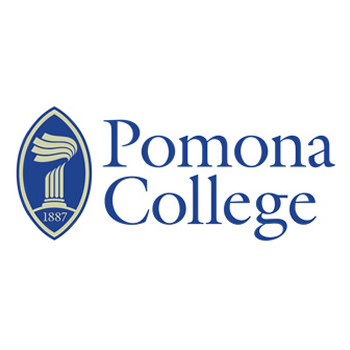
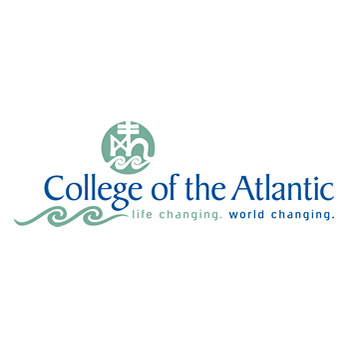
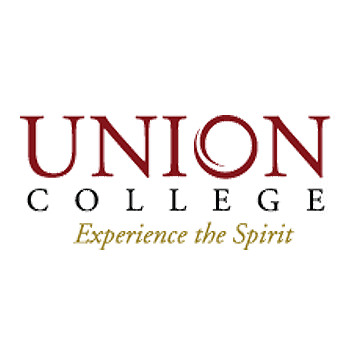
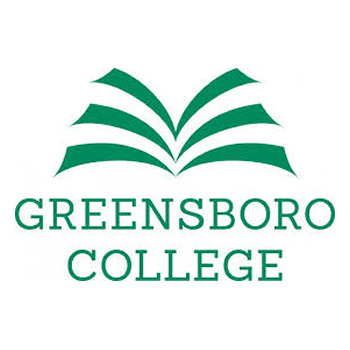
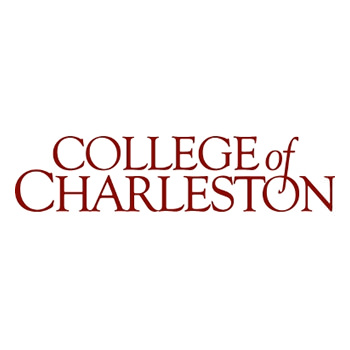
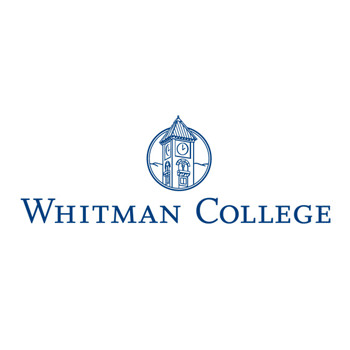
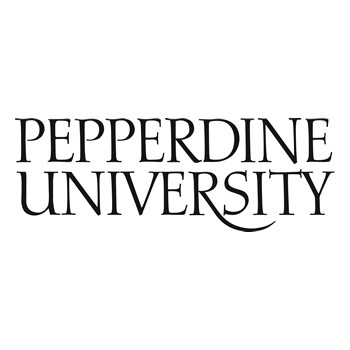
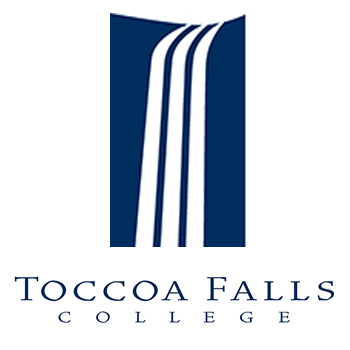




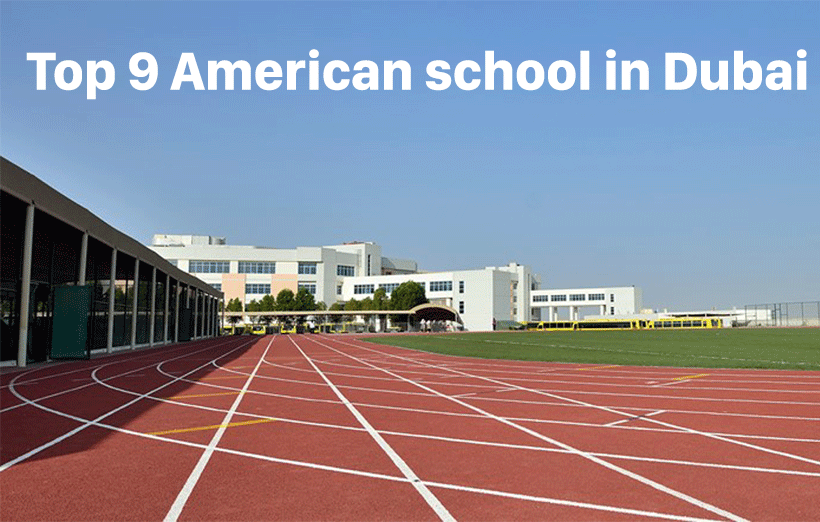




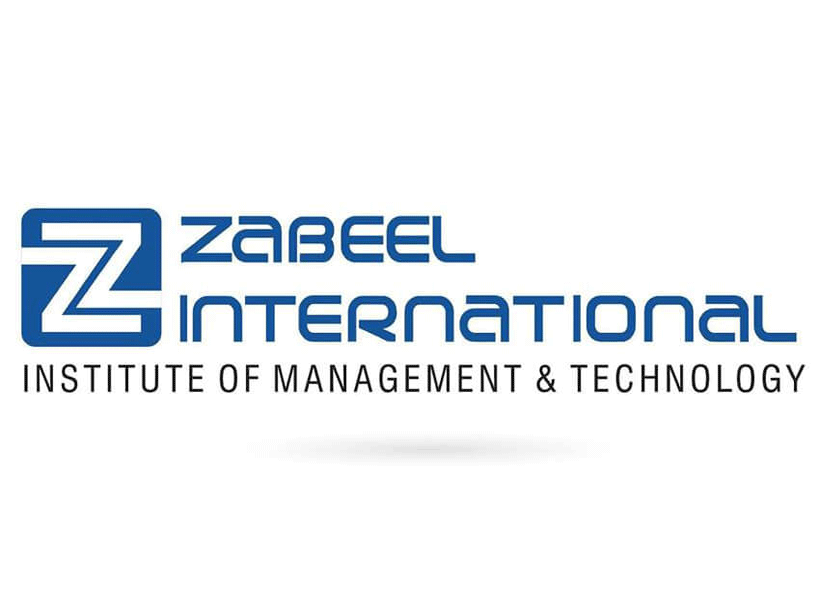
Leave a Reply